I've an issue on a customer site where lines containing words like "HabitaþÒo" get mangled on output. I'm processing a text file (pulling out selected lines and writing them to another file)
For diagnosis I've boiled the problem down to a file with just that bad word.
The original file contains no BOM but .net chooses to read it as UTF-8.
When read and written the word ends up looking like this "Habita��o".
A hex dump of the BadWord.txt file looks like this

Copying the file with this code
using (var reader = new StreamReader(@"C:\BadWord.txt"))
using (var writer = new StreamWriter(@"C:\BadWordReadAndWritten.txt"))
writer.WriteLine(reader.ReadLine());
. . . gives . . .

Preserving the readers encoding doesn't do anything either
using (var reader = new StreamReader(@"C:\BadWord.txt"))
using (var writer = new StreamWriter(@"C:\BadWordReadAndWritten_PreseveEncoding.txt", false, reader.CurrentEncoding))
writer.WriteLine(reader.ReadLine());
. . . gives . . .

Any ideas what's going on here, how can I process this file and preserve the original text?